SEO and WHMCS • How we Increased Traffic Rankings by 462%

Where it all started
Let me show you how I managed to boost traffic and other metrics with SEO on this WHMCS site. I didn't hire an SEO expert. I did a lot of research and A/B testing myself as I was creating a SEO module for WHMCS.
This gave me the opportunity to test SEO techniques in a real case scenario for an extensive period of time. As I was getting better, I created a WHMCS SEO guide. In the article you can find my strategies, experience and findings.
Due to the dynamic nature of digital world, many SEO experts tell that it takes up to 6 months to start seeing results on rankings.
It is also important to understand that results exponentially grow over time. What you're getting after 6 months will be considerably less compared to what you get at 12 months.
To avoid jumping to conclusions on short-term findings, I waited 8 months before making this post. During this time, all I did was sticking to my WHMCS SEO guide and using Mercury, the SEO module for WHMCS.
A Little Bit of Background
This site is online since 2014. At the beginning there has never been much content nor SEO. My priority at the time was expanding modules. It was just the average installation of WHMCS with a terrible template (youthful indiscretion).
I didn't put much efforts into making the site visually appealing till 2018 when I decided to redesign it from scratch. Nevertheless, I was still not working on SEO since I was already busy with things like:
- Monthly invoicing
- Facebook Pixel
- Cash flow
- Credit notes and electronic invoicing
- Customer retention
- Service level agreement
- Automatic FTP & email invoice export
- Refactoring of Billing Extension and Commission Manager
- The new module Mercury
Then COVID lockdowns happened so "finally" I had plenty of time to test SEO strategies online. I moved the first steps in this new world in the late April 2020. Information on this post are up-to-date as of July 2021. I'll keep posting updates so stay tuned!
Before we start, it is worth spending a few words on how WHMCS community perceives SEO. As I underline in WHMCS SEO myths, no one really knows what is SEO. This includes providers, developers and WHMCS staff itself.
It's kind of sad that this community is full of self-proclaimed SEO modules created by developers who think that filling a bunch of meta tags or having SEO Friendly URLs can affect rankings. I will not be gentle with them.
They are all a pack of useless garbage. The reason why I am so harsh, is that I can no longer stand reading nonsense on SEO from people that don't know anything about it. This includes WHMCS staff!
8 Months of SEO (December 2020)
The very point of SEO is ranking on the first page of Google search results. Getting to page one is vital as 75% of people don't even past the first page. This boosts organic traffic which is "free" and opposite to traffic generated by paid ads.
After 8 months of SEO, the first thing I notice is that organic search is skyrocket (+462%) compared to the same period of last year. This also explains the boost in direct visitors as more people are visiting this website.
If we dig deeper into acquisition, all metrics are notably increasing. I'm getting more impressions and clicks while I climb rankings and inflate CTR. I understand that SEO feels like learning a new language so let me give you some help:
- Impressions refer to the number of times your page appears in search results
- Clicks is the number of times users have clicked on your links
- CTR stands for click-through rate. Is the percentage of impressions that resulted in a click
I'm experiencing improvements also in visitors behavior across the board. This signals that initial enthusiasm is translating into long-term engamement. In other words, I've been able to capture interest.
This teaches us the first important lesson to learn. You can't rank high on Google and attract visitors just with SEO. You need to write high-quality contents consistently.
To confirm this, I noticed the first spike in organic traffic (+385%) after 3 months. At the time I wrote about 10 lengthy articles. Right now I wrote contents for total of more than 245.000 words (487 pages of an actual book).
Improvements distributes equally on both new visitors and returning ones. This is a very good thing that tells us that I'm consolidating loyal customer base. In the same time I'm attracting new visitors that didn't know anything about Katamaze.
Next chart shows a comparison between 2019 (without SEO) and 2020 (with SEO) in the organic search channel.
I could stop here already and conclude that SEO and Mercury clearly worked for me. But the thing is that I achieved even bigger results that I was not expecting. At least not at this magnitude. I'm talking about:
- Keywords distribution and density
- Traffic value
- Page rank
Before I continue with the analysis, I'm not showing absolute numbers on purpose. I don't want to reveal statistics to competitors. Especially ones that decided to play dirty with me.
If you like a bit of drama, one started stealing contents. I mean, literally copy/pasting articles from the website. They even bought a negative SEO service trying to stop my climb in rankings. I'll talk about it later as this gives me the opportunity to illustrate the dark side of SEO.
15 Months of SEO (July 2021)
I have nothing but uptrending charts to show you. This time I don't want to annoy you with the usual technical analysis. I'd like you show you SEO from a different angle. Let's talk about user engagement and partnership requests.
This chart has more to say than simple numbers. Many felt the need to thank me via comments, emails, direct messages and even publicly on forums for my articles. I see people quoting me and linking my pages from websites I have never heard of.
I'm always the same person but SEO put me under the spotlight. People perceive me as an authoritative voice. For the very first time, I'm experiencing a bit of popularity.
In this regard, my LinkedIn profile has never been this hot. I receive contact requests from CEOs of Registrars, Providers and IT-companies (big ones) that want to thank me for mentioning them in my posts or simply get in touch with me.
I get people's attention immediately. For example I recently launched a project on Github named Leap. It's a free and open source alternative to WHMCS. I'm still far from releasing it but I already managed to attract a lot of attention which is quite motivating.
All of a sudden my opinions and thoughts on the hosting industry seem to count for many. This is true to the point that when I mention other websites, users really click those links which brings us the next topic: partnership requests. Before discussing details, let me introduce this second chart.
Here you can see that starting from January 2021 my Google rankings dropped dramatically and I couldn't find an explanation. Only few months later I realized what was going on.
As of December 2020 I stopped publishing new articles since I was a bit exhausted. At the time I wrote articles for a total of 250.000 words (500 pages of an actual book). Instead of publishing new articles, I focused on updating and perfecting existing ones.
No one knows how Google search algorithm works but I can speculate that perhaps Google initally mistook me for an online publication like Tom's Hardware with daily news and articles.
In reality this is a personal blog. I just happened to publish many things in a very short time. I think that once Google realized that the life expectancy of my contents was longer than a tech news, I started to grow again in the rankings.
This is SEO gold. You want your contents to be on the first page of search results for as many keywords and search terms as possible. Luckily for me Google keeps offering me such nice spots.
As you can imagine, the first three positions have an above average click-through rate. The sweet spot falls withing those first three results. I had to wait 12 months before Google started giving me such spots.
Since I started ranking in the #1-3 area, my inbox is full of people proposing me partnerships. Net of scammy and shady requests, I received legit proposals from established and popular websites not counting tech-influencers with hundreds of thousands of followers.
It's a bit awkward to say but the reality is that I never replied. I'm new to this game and before I start valuing offers I need to fully understand the value #1-3 positions. Judging by the hype, there must be something I am missing.
SEO: from Zero to Hero
As I said earlier, I started doing SEO in the late April 2020. On a monthly basis I completed audits and comparison with competitors. I used (and still use) wide variety of tools (free and paid):
- Google Search Console had been my main weapon
- The good old Excel played an important role at monitoring competitors
- Ubersuggest crucial to track keywords (it's not free)
- Ahrefs for advanced stuff (there's a free version)
- I rarely used Google Analytics
Quite soon I relized that the main source of problems was WHMCS itself. From an SEO perspective it has many flaws rooted in its core. It took me plenty of time before I managed to fix everything with Mercury.
Before Mercury, on a 100-point scale, the health score of this site was around 70. For the sake of completeness, a standard installation of WHMCS ranks around 60. Right now I'm constantly hitting 97.
A module alone can't grant you such results by default. Ranking so high requires your intervention. The good news is that Mercury offers all tools you need to design your SEO-Friendly WHMCS site also solving its flaws.
The use of multi-domain in WHMCS must be evaluated. This is particularly true for sites available in more than one language. For instance, I use katamaze.com for English speaking audience and katamaze.it for Italian one.
Now that you know what tools I used, let's start in chronological order. I divided my SEO journey into multiple stages. Each stage reflects the main changes I have witnessed.
Stage 1: Is it working?
This is the tough stage where I worked a lot without expecting anything in return. I created a couple of articles and prioritize the fixing WHMCS SEO bottlenecks. Results? Nothing happened. Really.
The first sign that I was on the right path was page rank (also known as URL rating). Sites with higher ratings tend to rank higher in organic search results. In this particular field I have witnessed a +68% increase.
Page rank growth has been consistent and started almost immediately. I have no problem admitting that this was the main reason why I kept pushing on SEO. But page rank wasn't much help.
For all other metrics I had to wait months of hard work and grind. Here I learned two important lessons about SEO.
Don't stop too soon. It takes a lot of time and effort before SEO starts giving results. To put things into perspective, in my first year my "SEO balance" was still negative. The traffic boost I received didn't paid off man-hours spent on SEO.
This leads us to the other lesson. Don't put unrealistic expectations. SEO is a marathon not a sprint. If you have no time or budget to invest at least for a year, maybe you shouldn't even think about SEO.
Stage 2: Slight Changes
Before you focus on the nice curves of the charts, remember that the purpose of SEO is to show up on the first page. Don't be fooled into thinking that your strategy is working just because of a slight increase in traffic.
The first chart shows impressions, the number of times my pages appear in search results. The other one refers to the number of times users have clicked on my links.
It's obvious that my SEO tactics and Mercury are playing a role in driving more traffic. But this is just a flash in the pan. For Google our place is still in the #11-100 area. This traffic will go away if I don't focus on increasing the authority of katamaze.com domain name.
Sometime back there was a meme that said «The best place to hide a dead body is page 2 of Google search results». This is funny but true as 75% of people will never scroll past the first page on a Google search.
At the end of the "food chain", I was still left with crumbs since I had no access to #1-10 spots. The real deal is getting such spots ranking on the first page with multiple keywords.
Stage 3: Now We're Talking some Serious SEO
As you can see from the chart below, I started seeing results on rankings only after 6 months.
| Period | Description |
|---|---|
| April-June Before "1" in the chart |
Even though I have a +385% increase in organic traffic, I'm still clustered in the #30-100 area (page 4 to 10 of Google). It took half-year before Google reconsidered the positioning of the website. |
| June-Aug "1" in the chart |
Google promotes me in the #10-30 area but this lasts for a short period of time. |
| Aug-Oct "2" in the chart |
I drop in the #15-35 zone but in the same time I notice an increase of my crawl budget. In a nutshell, Google was visiting me more frequently to index pages. |
| Oct-Nov "3" in the chart |
All of a sudden, I rapidly start ranking higher day by day consolidating my presence in the first page. |
| Dec "4" in the chart |
Rankings are skyrocketing. Everyday Google keeps ranking me with more keywords. Keyword density is getting bigger and bigger to the point that I can barely notice previous results in the chart. |
It took me almost 7 months of work to appear in the first page. What's interesting is that the big change only happened during the last 30 days. This confirms that SEO is a long-term process that works exponentially.
The chart below supports this statement. Dark orange stands for #1-3 positions. Orange refers to #4-10. From April to October improvements have been laughable in comparison to the last 30 days.
The key here is to improve your domain ranking as a whole. Before Google thinks about offering you nice spots, it wants to make sure your site is trustworthy and a good source for contents. Posting an article once in a while with a non-optimized site doesn't impress Google.
Next chart proves the importance of being in the first page of the SERP (search engine results page). Traffic flows peaked as I got ranked #1-10. Before that, I was just watching the tip of the iceberg.
If you need one more reason to focus on long-term strategy, look at this chart. It shows the amount of money I should have spent on Google Ads to rank in the same positions I conquered with SEO. In technical jargon this is known as traffic value.
Of course I know that SEO is not free as it takes a lot of work but is still cheaper than running Ads. For privacy reasons I can't show you effective numbers but my traffic value has increased by 46100% to the point I decided to run Google AdSense on WHMCS.
In essence, traffic value gives you a sense of how valuable your keyword profile is. Another way to think of it is how much money you saved ranking organically instead of buying paid traffic. This can be viewed from different angles:
- Enjoy your ranking and money saving
- Focus your Google AdSense budget on highly-competitive keywords where you are not performing well
- Limit your investments on a smaller sample of keywords to win competition
Competitor Analysis
Thanks to SEO I have successfully closed the gap between my brand and competitors. One thing to note about this is that I didn't put any effort on SEO till April 2020. That's not surprising that before SEO I was ranked at the very bottom for organic traffic.
I increased organic traffic by 99% in my target market. Getting 3th place in 7 months of SEO is quite motivating. Especially because my next competitor ranks on Google for a lot of keywords I don't really care. If we focus on just WHMCS, I'm almost there.
However, organic traffic doesn't tell us everything about SEO progress compared to competitors. One could easily attract low-quality traffic by ranking for the wrong keywords and audience. This generaly goes hand in hand with bad SEO practices (eg. low-quality and stolen contents). In the long run, Google drops such sites by lowering their domain score.
Attracting good traffic is a whole different story. Google rewards you by inflating your domain score (aka Page rank, authority score). This metric is a great demonstrator that SEO strategy is working. Before SEO, according to search engines I was the least authoritative site. That's pretty obvious as I had no contents at all.
With SEO and contents I managed to surpass most of my competitors. Quite simply, domain score helps me to rank higher. Interestingly, domain rank uses a logarithmic scale. It works like Richter scale to compare the size of earthquakes. The largest domain score can be hundreds or even thousands of times larger than the smallest numbers.
Conclusions
I'm still far from unlocking the full potential of SEO. I recall making more than one mistake. Let's see them.
Optimizing for the Wrong Keywords
I got ranked for keywords that attract visitors who have no interest in my WHMCS modules. Here are some examples:
- Issuing credit note in WHMCS. The earlier version was attracting people only interested in knowing what is a credit note. They had no clue of what was WHMCS
- Facebook Pixel for WHMCS. Before making the necessary changes, I was attracting the wrong audience namely developers instead of WHMCS users
- Service Level Agreement in WHMCS. Google was ranking this page together with SLA services offered by hosting providers. This was totally out of focus
Localisation for Multilingual Pages
Since 2014, every page was available in both english and italian. Now with SEO and copywriting it's a whole different story. When I started my journey into SEO, I had to perform a lot of A/B testing hence I stopped translating contents in italian.
As a reference, Cash flow for WHMCS has been rewritten 3 times. Translating "temporary versions" would have been a complete waste of time. And I'm still in the process of completing the improvement of documentation that is quite extensive.
Improvements to the english version of this website have been so big that I reached a fork in the road:
- Drop katamaze.it (italian) to focus on katamaze.com (english)
- Begin translating more than 487 pages of articles in italian and repeat SEO on katamaze.it
It will be a difficult decision. I still don't know what to do. The longer I wait the more I damage the rankings of katamaze.it. Luckily there are no competitors in Italy so I can safely take it slow.
Internal Linking
Internal linking is something I started to master only recently. This also extends to titles and meta descriptions but I digress. There are still places where I used meaningless anchor texts. Let me take some examples from SEO guide.
| Don'ts | Dos |
|---|---|
 |
 |
 |
 |
I'll need to rethink the linking structure for a lot of articles. Moreover I also need to make sure that every link looks natural.
Collateral Damages: Negative SEO Attack

The last thing I was expecting when I started doing SEO, was to drive mad a competitor.
It all started when I realized they were copying contents from our site. I mean litterally. Same titles, articles, sentences and words.
They even copied typos and forgot to remove links to our site. That's how I found out they were copying. Getting visitors from a competitor is quite strange.
At first I decided to ignore it as I don't want to make enemies online. Moreover in doing so they were unknowingly driving traffic towards us and also hurting their rankings. Google in fact penalizies sites that steal contents.
But one day they copied the article where I talk about most common mistakes in WHMCS. This specific article is special to me. It's based on experience acquired in 14 years of working with WHMCS and in the hosting industry. How can someone have the nerve to copy someone else's experience?
They were so into copying that I started monitoring their activity. Last time I checked, they totaled almost 1000 hours on our site. Basically I've been their their "source of inspiration" for months.
I came up with the idea of turning content stealing into something funny to tweet. This was my first tweet. You can click to enlarge.
Few days later I mentioned them trying to get a response but they were silent. Here's the second tweet.
Still no reaction. On the contrary they kept turning back to our site to steal new contents as nothing happened. Third tweet.
I was expecting them to remove stolen articles but I was wrong so I raised the bar. I filled a Google DMCA report and Google banned the pages they stole from me. I also posted this story on WHMCS forum. This time they were forced to reply and as you can see that was embarrassing.
They denied the obvious but next day all stolen contents was magically gone or slightly altered. At this point there's a twist in the tale. Days later, I started receiving hundreds of spammy links. This is called negative SEO attack.
The point of such attacks based on backlinks, is to hurt the rankings of an enemy site. Google looks suspiciously at sites with many low-quality inbound links. Such links if not detected and removed, can lead to penalties and rankings drops.
Yes, I think they paid money to attack me. I spent weeks disavowing such links nullifying their effects. In the end it was getting boring so I decided to flip the cards still on WHMCS forum. I have better things to do than wasting my time with a childish competitor that even spams on LinkedIn groups I administrate.
I suggested them to stop throwing money in the attempt to hurt our rankings. I also said I was willing to post the evidence of their actions if they kept doing it. And guess what? The following day the attack was over. That's pure magic.
This was unexpected fun. The incident gave me the opportunity to learn how to deal with negative SEO attacks. For sure I'll post an article about that so that you can learn how to protect your rankings against childish people.








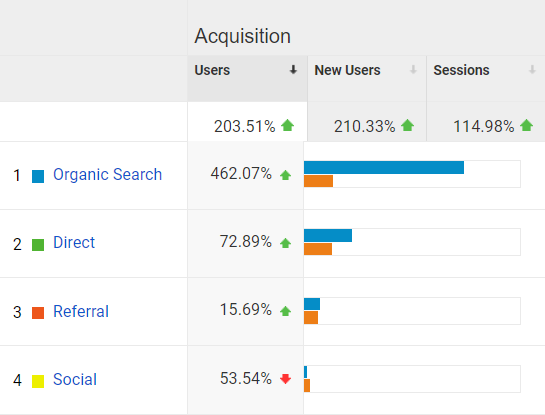



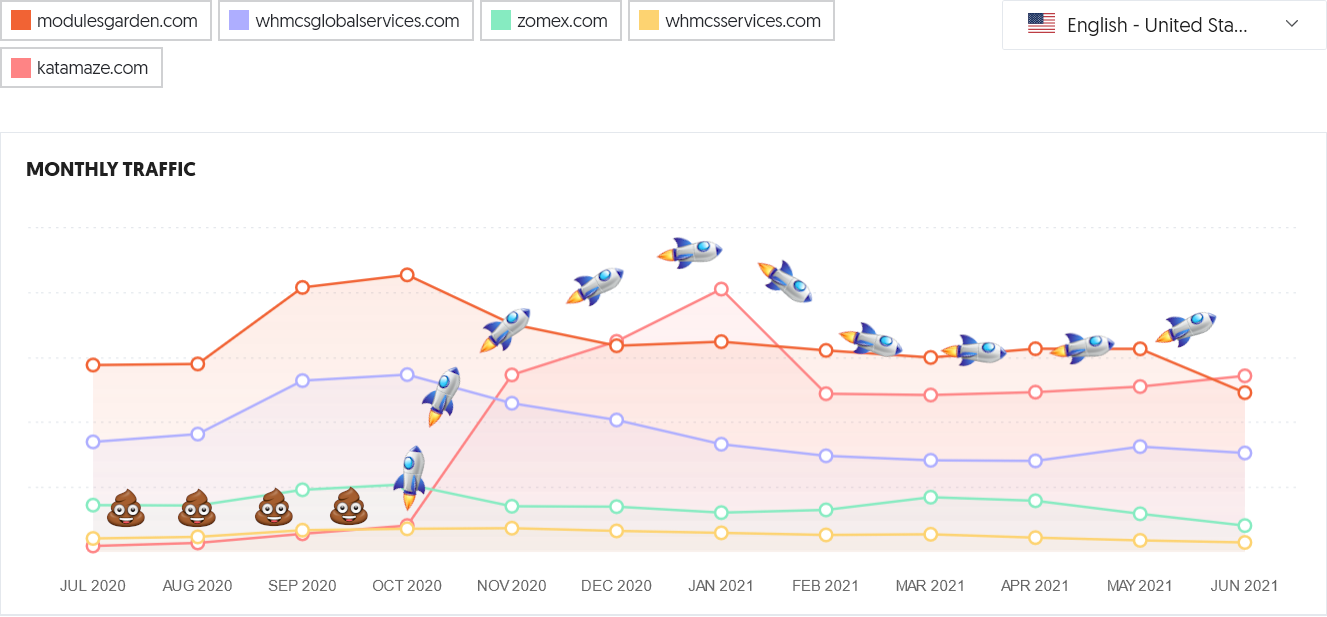
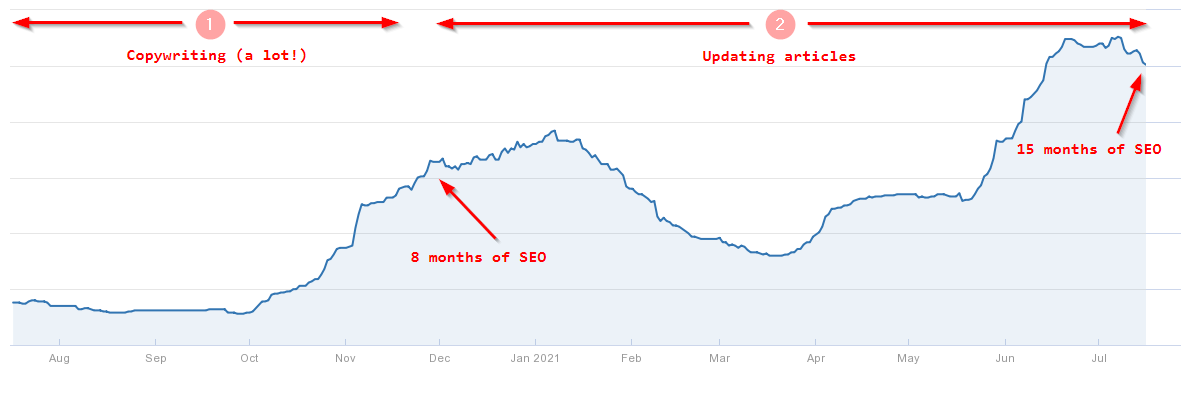
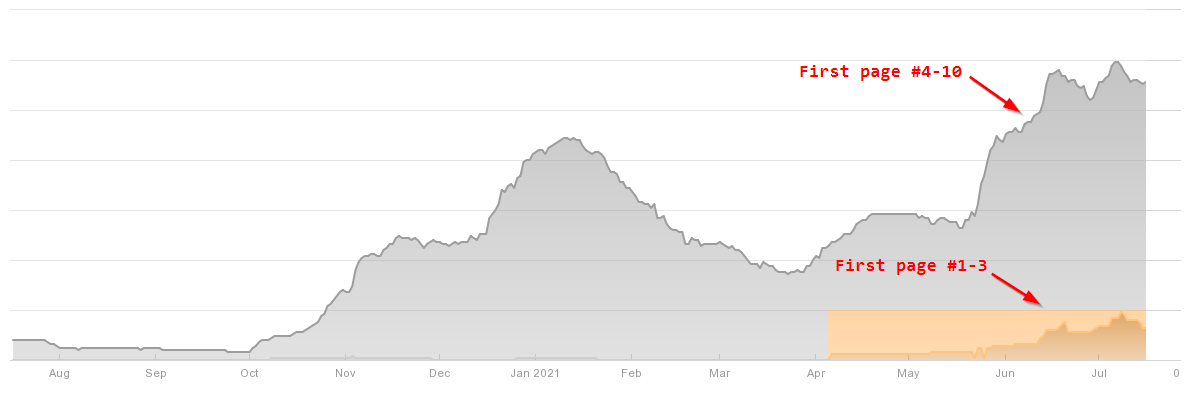
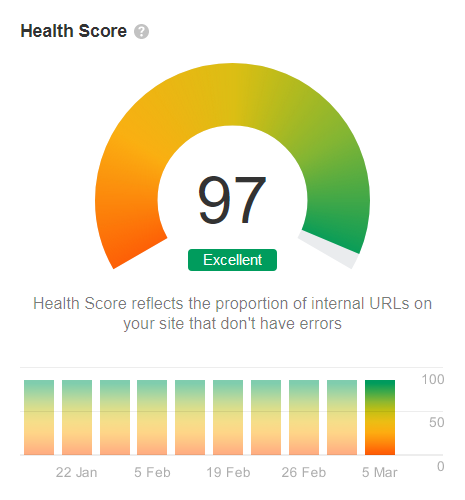
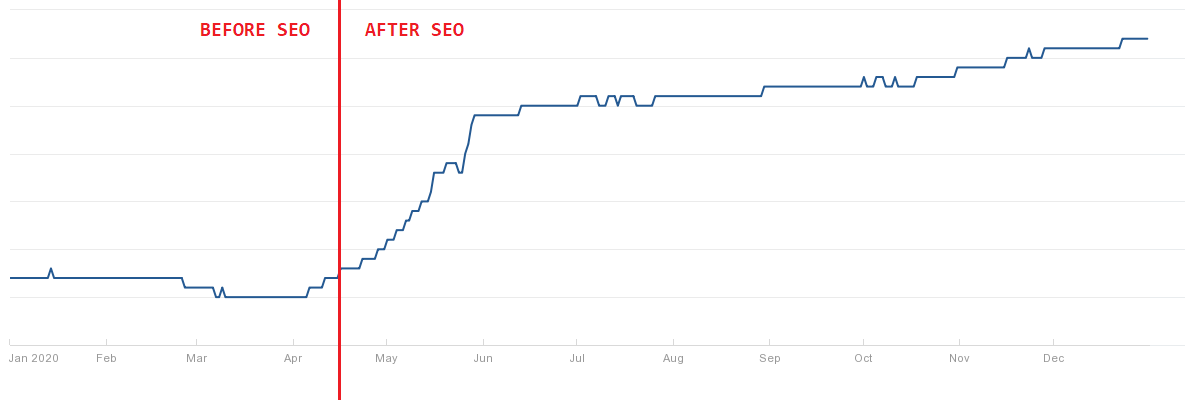


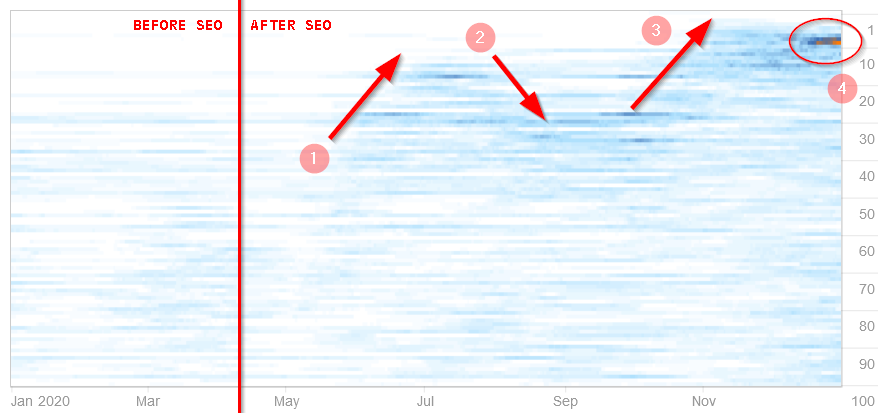
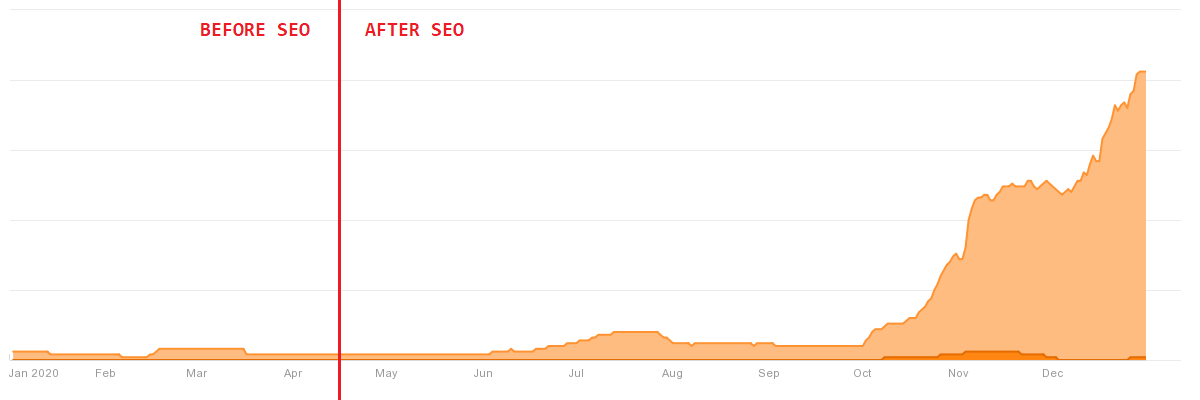
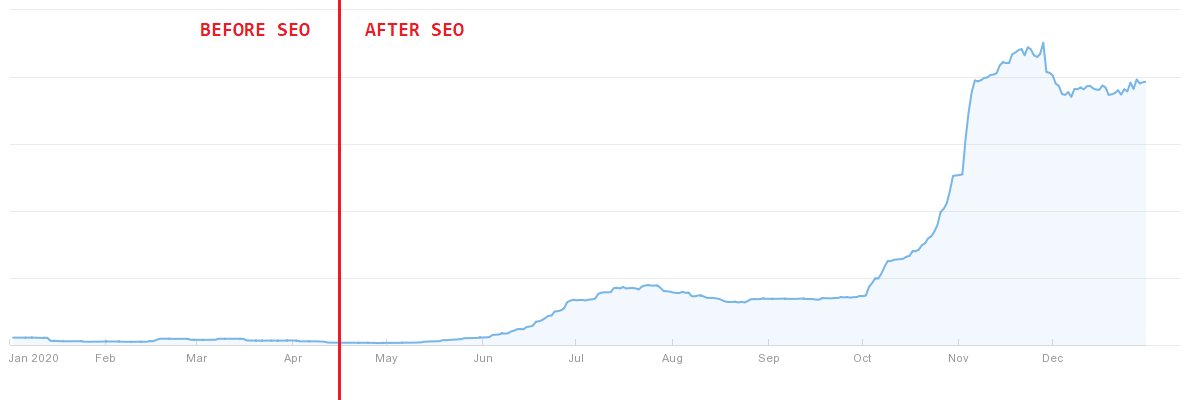
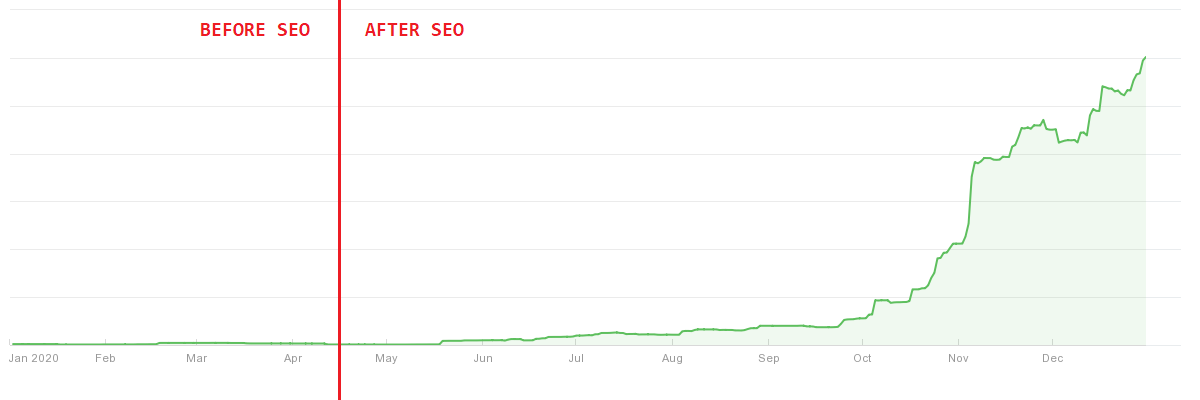
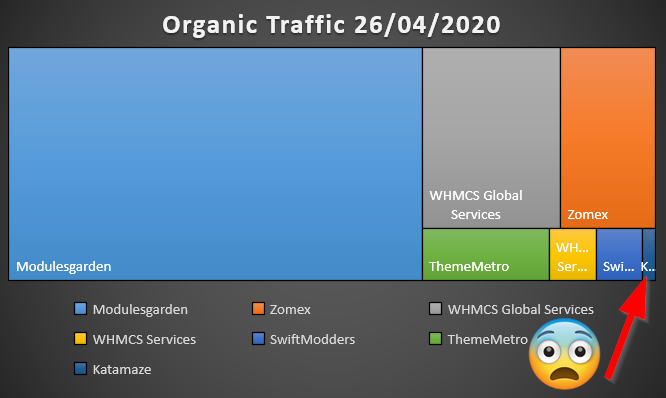
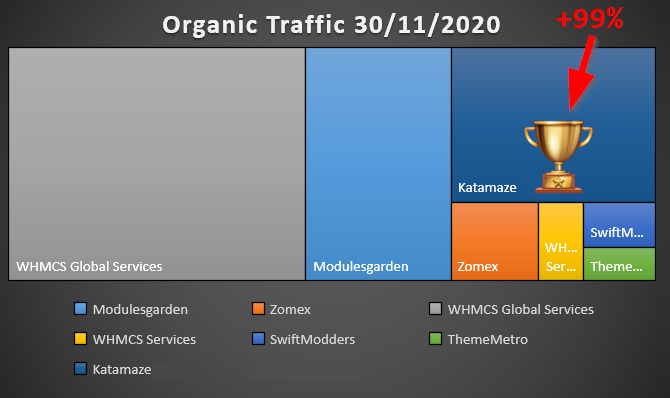
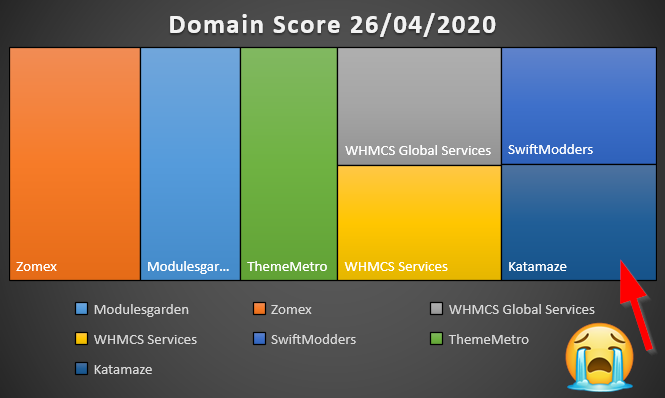
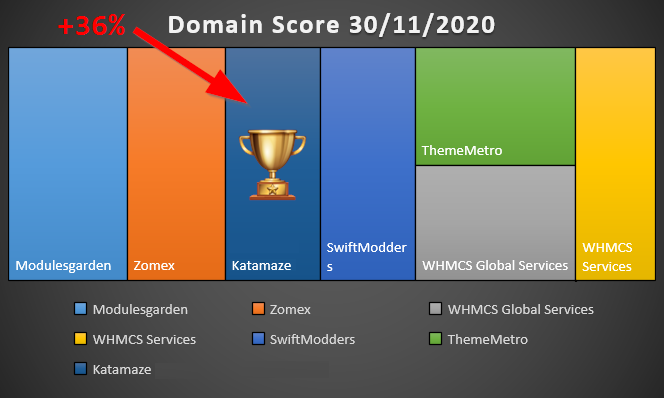
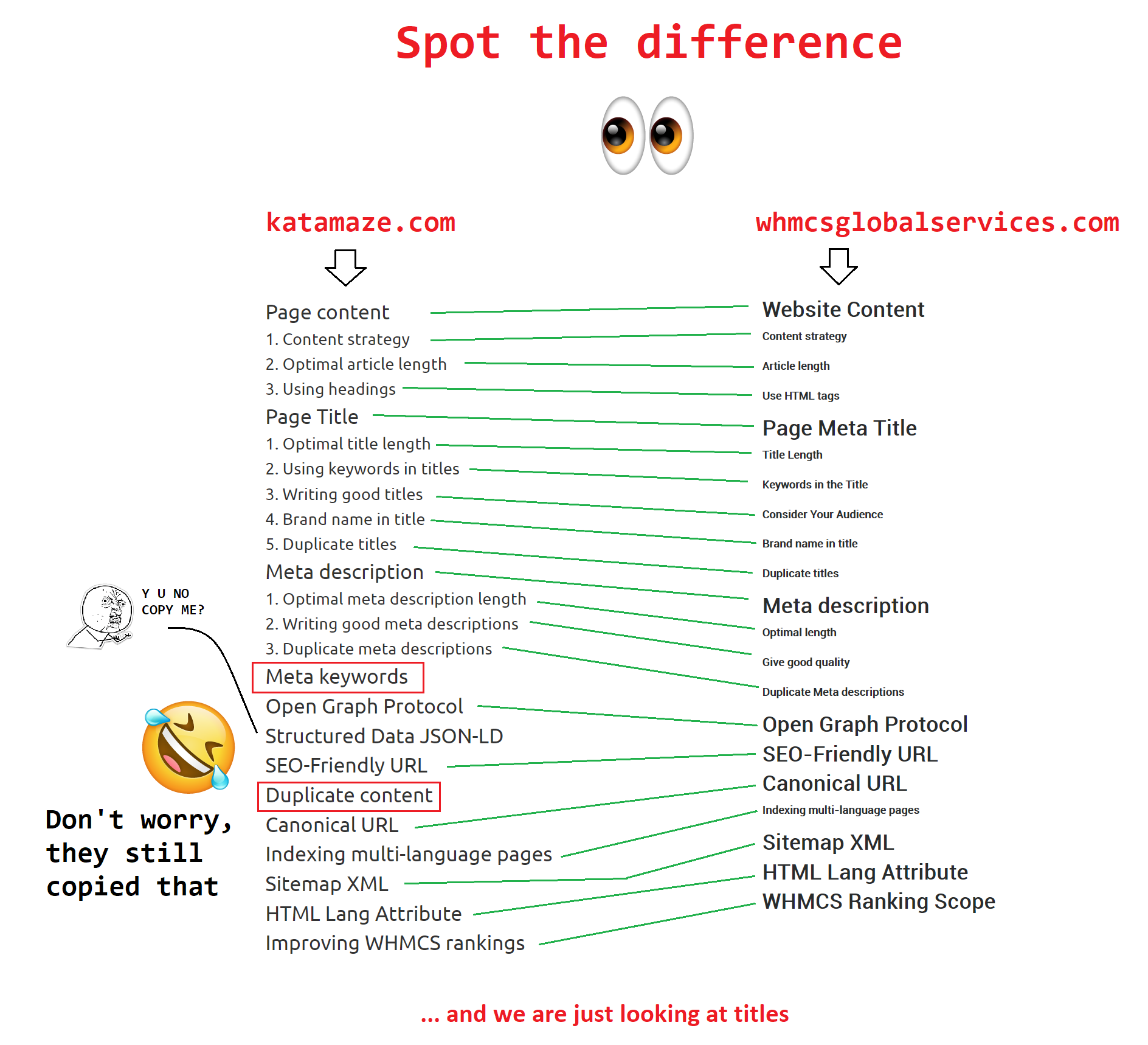
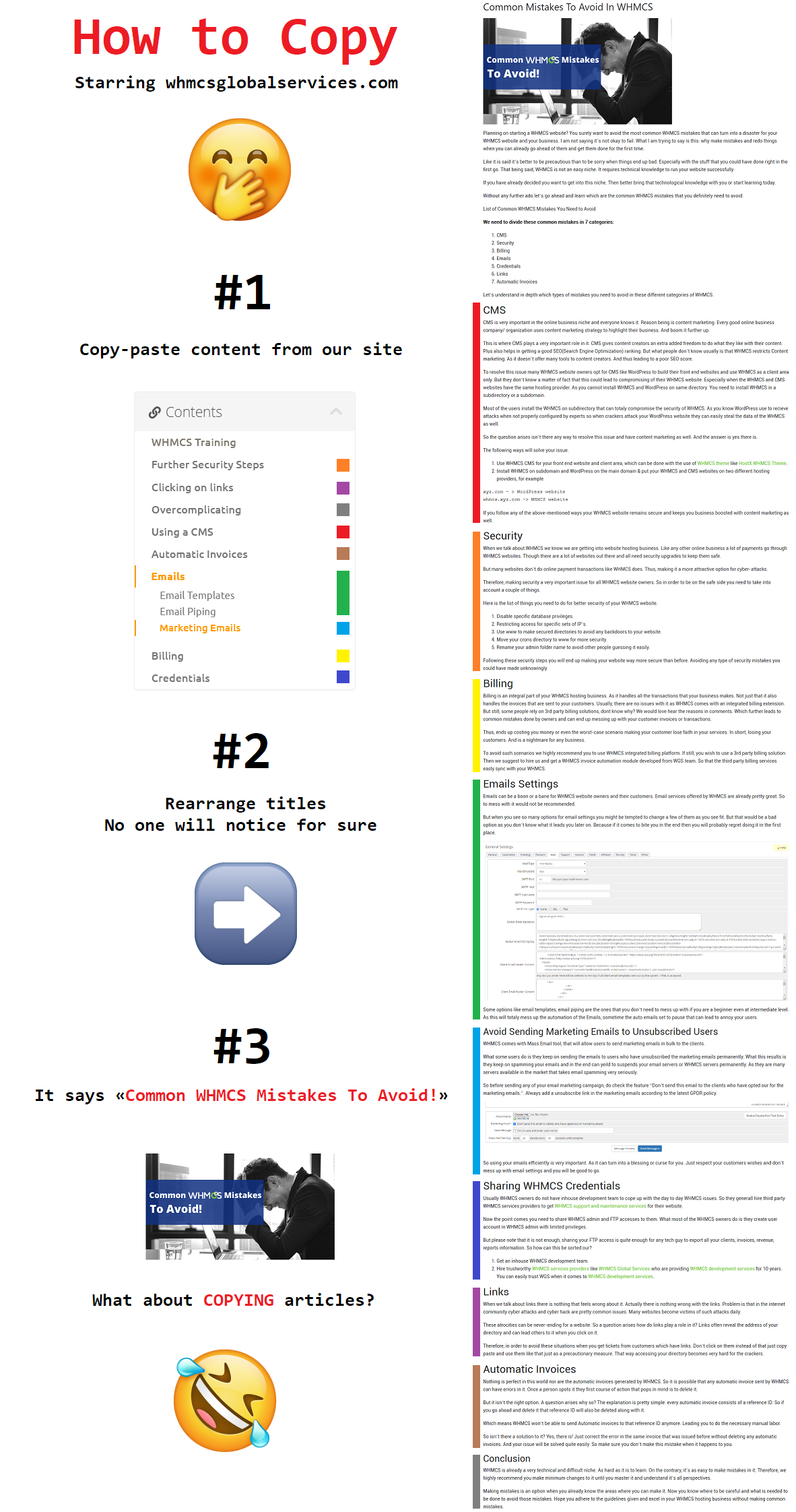
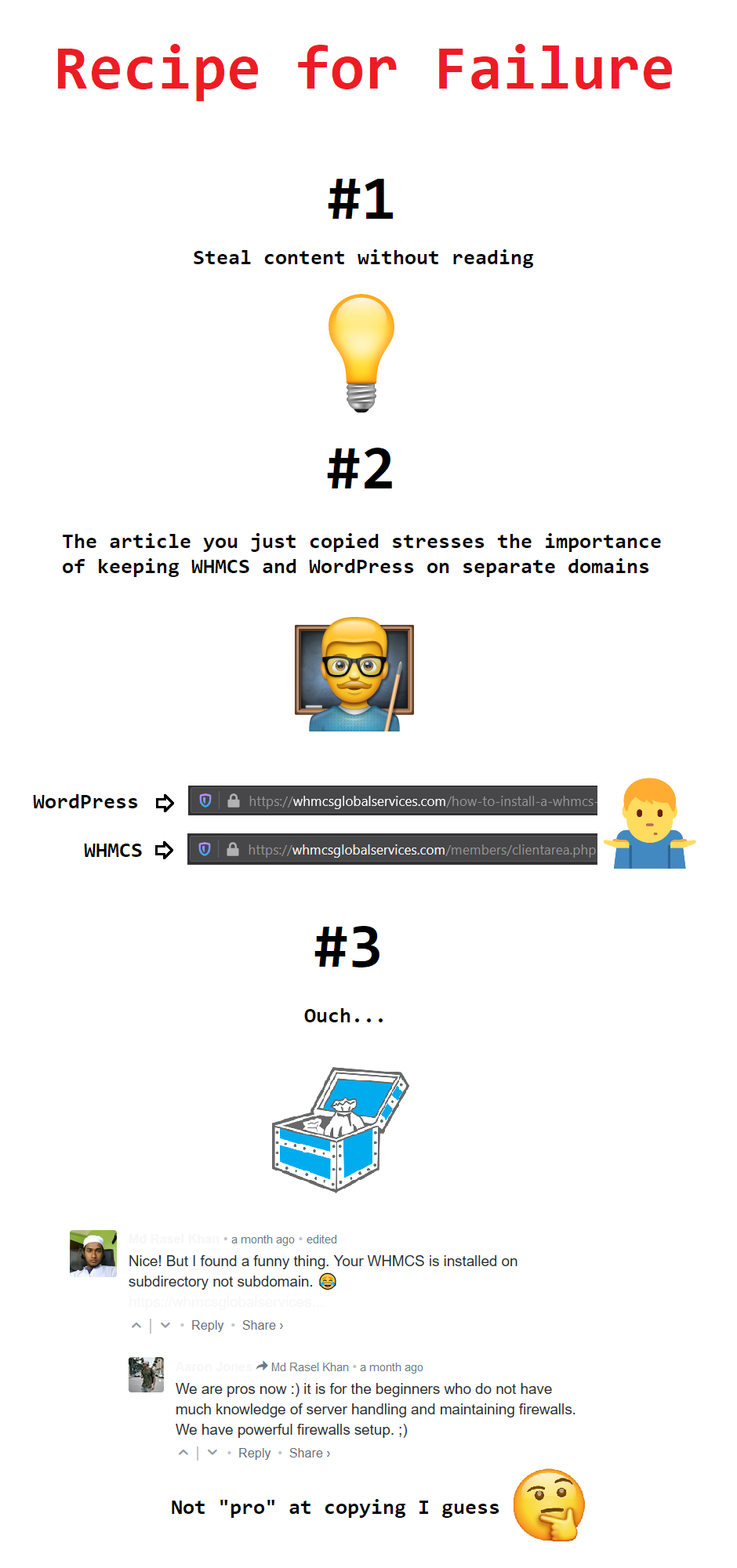

Comments (0)